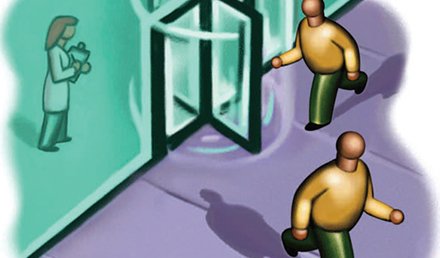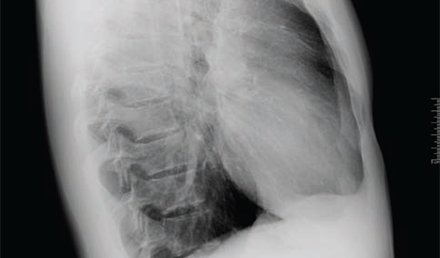This month, we will discuss Question III: What is the incidence of deaths in patients recently discharged from the ED? In May 2007, Sklar et al performed a very interesting study concerning deaths that occurred within seven days of ED discharge. A similar study had been done in 1994 by Kefer et al, looking at medical examiner cases. Sklar’s study, however, is more likely to have captured all unanticipated deaths because it was performed at …
Read More



